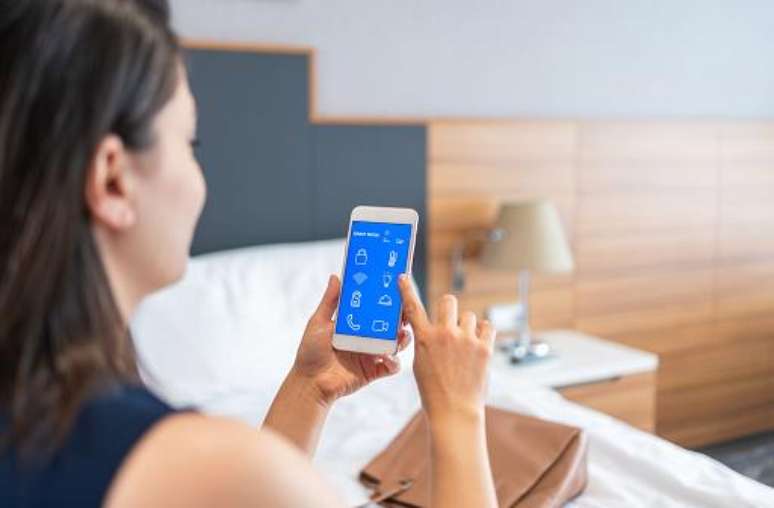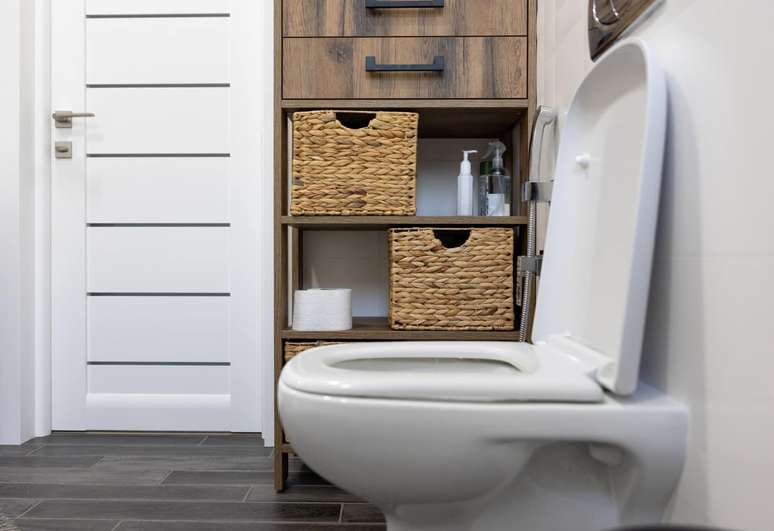When booking a hotel, many concerns may come to mind, usually related to location, price, organization and cleanliness of the space. And easy access to Wi-Fi Internet, often seen as an indispensable advantage, can be the source of some problems that are generally ignored until they become real.
Brazil is one of the countries with the highest rate of cyber attacks in the world, and this should be reason enough to be very careful when using the Internet, especially on public networks, offered for free in several establishments.
So does this mean that hotel Wi-Fi networks are not secure? To answer this question it is necessary to consider what type of risk we are talking about: in a hotel, just like in a shopping center or an airport, there are multiple people sharing the same network.
In other words, any attackers can also connect and exploit any type of vulnerability to commit virtual crimes. Since it depends on many factors, in case of doubt about the real existence of the risk, the ideal is to take some precautions. And where to start?
Looking for online safety
Avoiding the use of the Wi-Fi network is a measure recommended by computer security experts, considering that, if a hacker accesses the router, he will be able to spy on the online activities of those connected. Once the device is hacked, it will still be possible to have access to all the data on the device, such as photos, passwords and saved documents.
But if you choose to use Wi-Fi, a recommended measure is the use of firewalls or tools that can combat device intrusion. Likewise, to prevent data from being intercepted by third parties, the use of a VPN is also recommended. By masking your virtual location, it makes web browsing safer.
Keep an eye on available networks

Who said finding a Wi-Fi connection that doesn’t require passwords is an advantage? These networks, which apparently make life easier, can be a lure for those who want to surf and are not aware of the risks. After all, even unsecured connections are used to spread viruses.
With this in mind, if you find two networks with similar names, but one of them doesn’t require any type of authentication, you already know that it could be a fraudulent connection. When in doubt, always look up the name of the chain or ask an employee at the establishment.
Avoid pitfalls

Unfortunately, there is no denying this risk: there is also the possibility that the facility’s router will experience settings changes and start redirecting access to malicious websites. With the appearance of a legitimate website, the intention is for the user to provide personal data and collect information for virtual fraud.
Therefore, in addition to paying attention if the wording “https” appears in the browser address bar, which guarantees safer browsing, it is important to pay particular attention if the address of the site you want to visit is correct and does not end in a fake page… In fact, if you intend to access banking data, carry out financial transactions or make online payments, it is advisable to do so when you have a secure connection.
And finally, if you have decided to no longer use the hotel’s Wi-Fi internet connection, remember to deactivate the automatic connection. This way, if you return to the site, you will not be exposed to any online vulnerabilities if the network has been compromised.
Source: Terra
Ben Stock is a lifestyle journalist and author at Gossipify. He writes about topics such as health, wellness, travel, food and home decor. He provides practical advice and inspiration to improve well-being, keeps readers up to date with latest lifestyle news and trends, known for his engaging writing style, in-depth analysis and unique perspectives.



-sl6oy2p06omu.png)



![Such a great sun in advance: Elizabeth’s Terrible Accidental Victims … which Waiting for You Week until August 25, 2025 [SPOILERS] Such a great sun in advance: Elizabeth’s Terrible Accidental Victims … which Waiting for You Week until August 25, 2025 [SPOILERS]](https://fr.web.img6.acsta.net/img/d0/c4/d0c4d9256b5997c98008a65d7a43177e.jpg)
